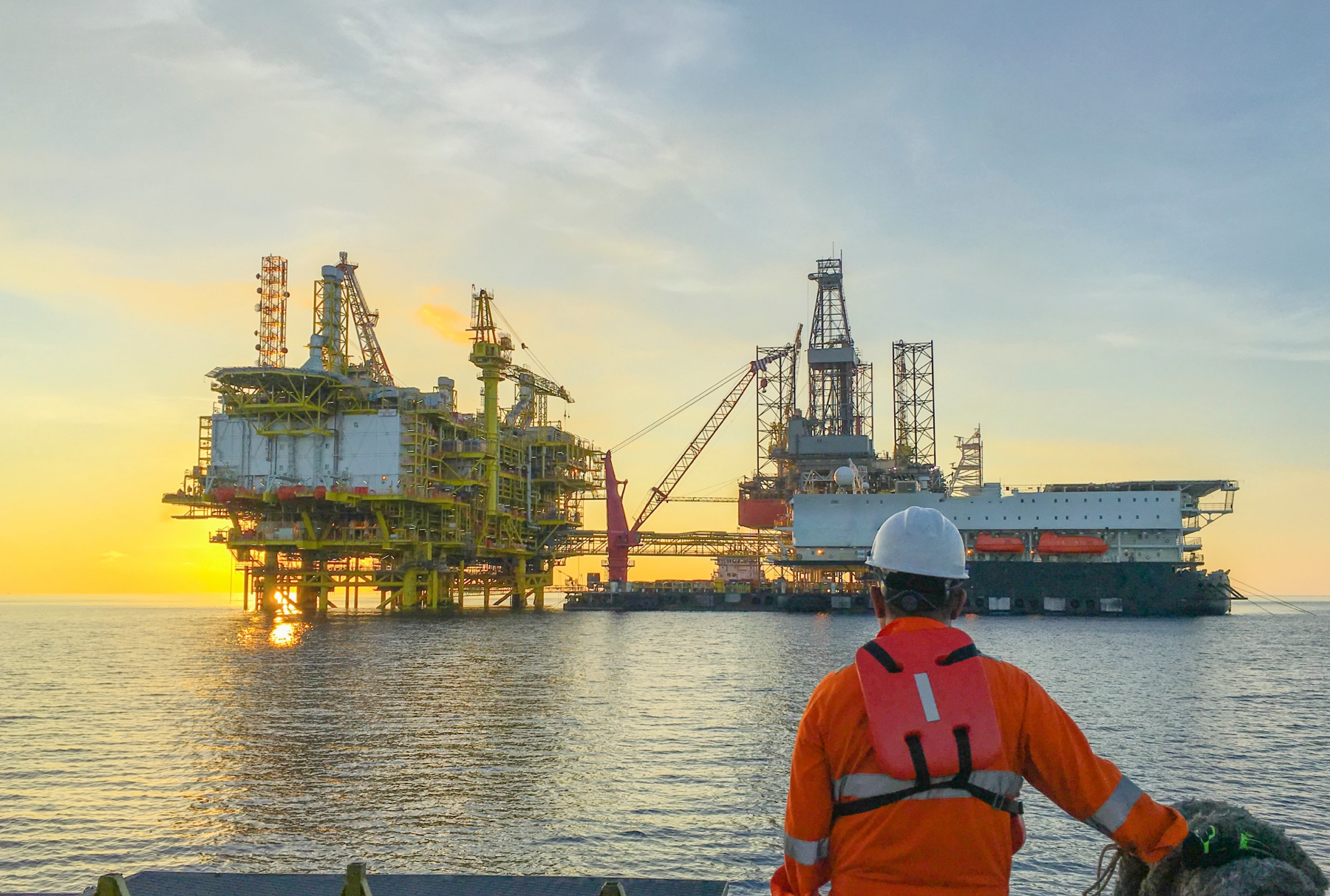Joshua Abam
Weight optimisation of steel catenary riser using genetic algorithm.
Email: j.abam2@ncl.ac.uk
Project supervisors
Project description
I am developing a global optimum cost-effective riser design. The configuration and response of the riser is a function of its weight based on constant internal diameter.
Methodology and objectives
OrcaFlex carries out dynamic analysis of marine systems. Genetic Algorithms (GA) can handle a variety of complex nonlinear optimisation problems. GA is able to ascertain global optimum values, with the capability to self-moderate the number of calls to OrcaFlex. I will explore the integration of OrcaFlex and GA.
I chose the design variables carefully before integration. I based my choices on a comprehensive sensitivity analysis of the various variables. The nonlinear constraints are functions of the ultimate limit state (ULS). They yield failure and fatigue damage criteria, generated via OrcaFlex tool. I extracted the results from OrcaFlex application program interface OrcFxAPI.
Both programs continue to interact and exchange data until they reach an optimum point. This occurs where:
- the average change in the fitness function value is less than required, and
- the constraint violation is less than acceptable.
Result
The obtained results suggest a significant reduction in the riser weight when compare to the initial weight. Based on the results, the method is effective in determining the optimum weight of the riser when using ULS, yielding failure and fatigue damage as constraints. We can extend this method to other types of offshore riser systems available in the industry.
Qualifications
- BTech Mechanical Engineering, River State University
- MSc in Offshore and Ocean Engineering Subsea Engineering Cranfield University
